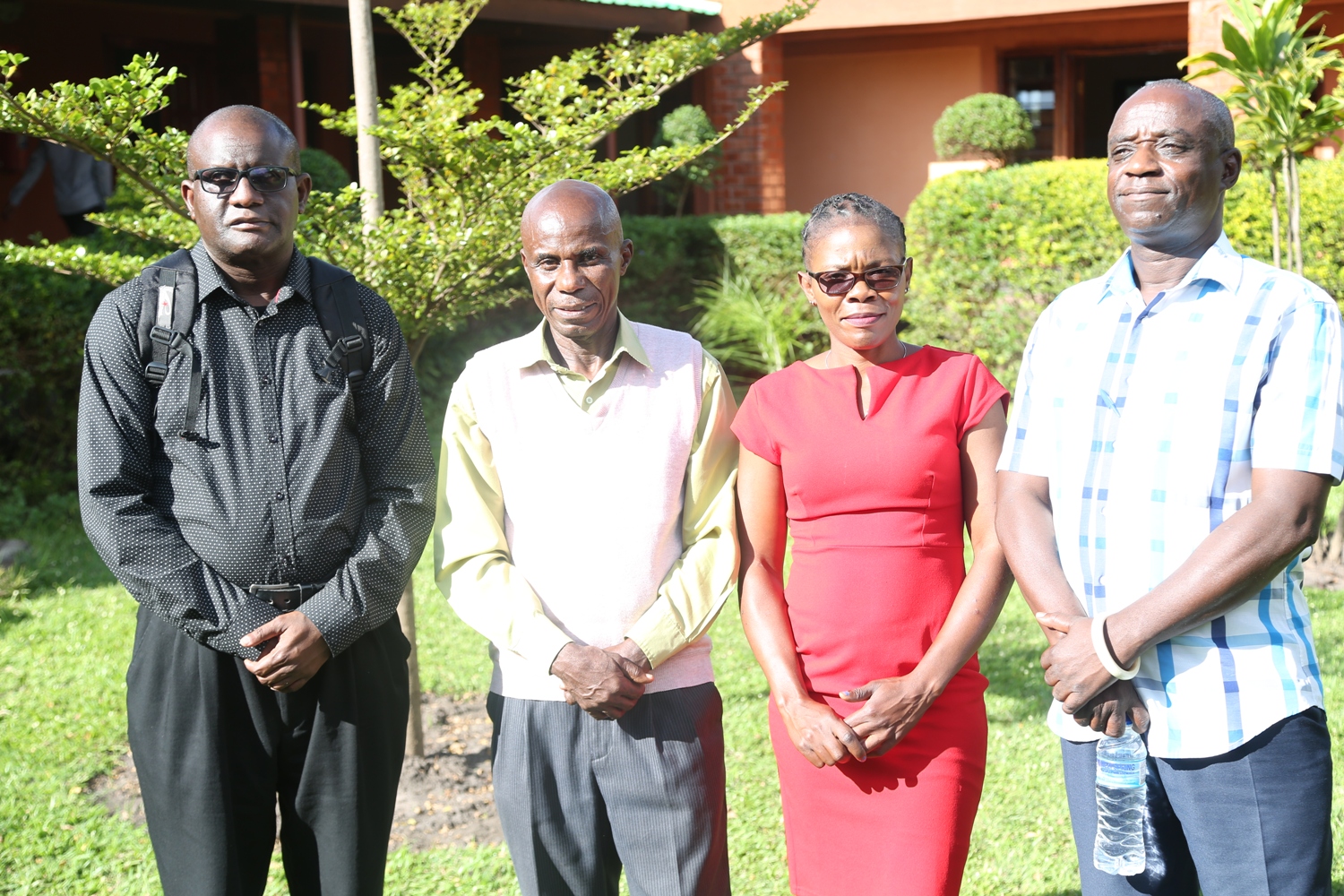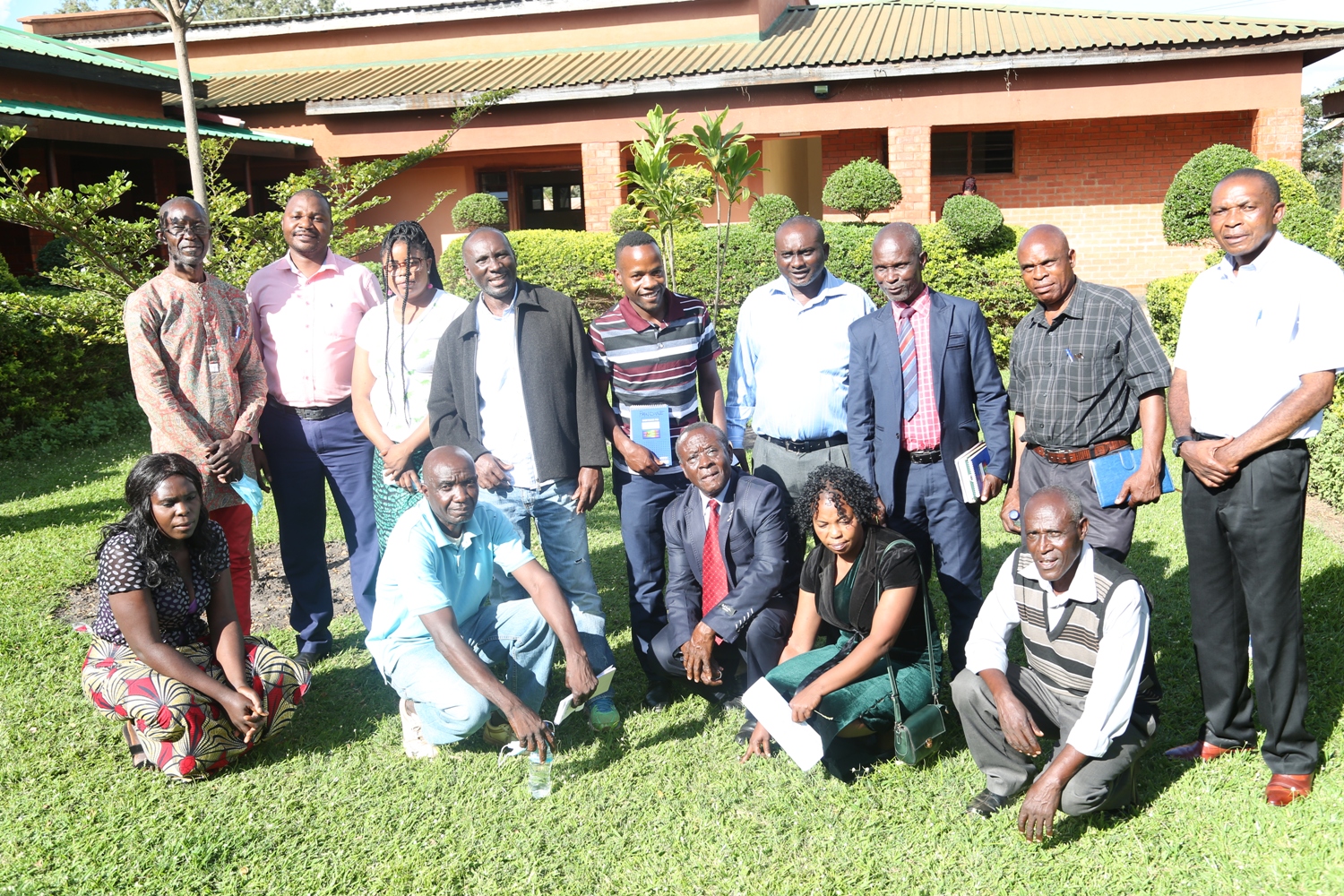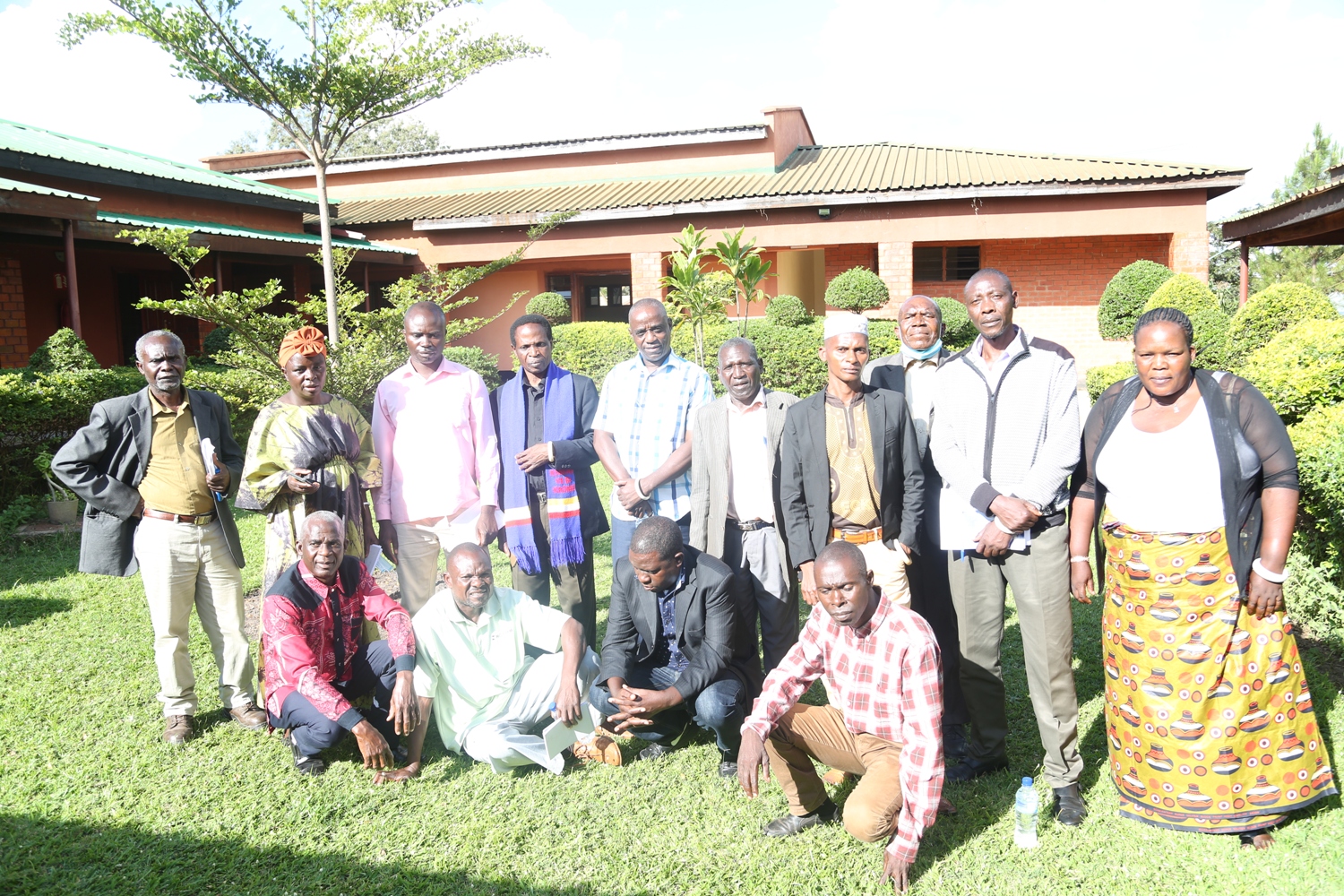Action for the Rights of Girls Project (ARGP)
Addressing the triple threat of HIV, Teenage pregnancy and Gender-based violence
Brief overview and BackGround
The overall objective of the project is to strengthen community frameworks and social environment that enable young people especially young girls and young women exercise fully their rights. This objective will be achieved when, the existing enabling environment for young people, especially adolescent girls and young women, to access information and services for the prevention of HIV, teenage pregnancies and gender-based violence is enhanced. The utilisation of platforms that will be created for the traditional and religious actors to dialogue and agree on effective approaches and ways of preventing HIV infections, teenage pregnancies and gender-based violence will contribute to the realisation of strengthened enabling environment for young girls and women to be aware of their rights and also to take action to claim them.
Currently, HIV and AIDS is the biggest epidemic in Zambia, with significant impact on morbidity and mortality levels throughout the country, cutting across all ages, gender and social status. Over the past decade, Zambia has been making progress in the fight against HIV. According to UNAIDS, the annual HIV infections (for all ages) in Zambia declined from 60,000 in 2010 to 51,000 in 2019. New infections among children 0-14 years declined from an estimated 10,000 in 2010 to 6,000 in 2019 and AIDS-related deaths annually have also declined significantly from 24,000 in 2010 to 19,000 in 2019, a decline of about 30 percent.
Despite this progress, the HIV burden remains high and disproportionately affects females especially the adolescent girls. In 2019, it was estimated that there were 26,000 new HIV infections among women aged 15 years and above, compared to 19,000 among their males counterparts. The Zambia Demographic and Health Survey (2018) reports that HIV prevalence among females aged 15-49 years is 14.2 per cent, compared to 7.5 percent for males of the same age. These figures show that Women, particularly adolescent girls and young women, are more affected than boys and young men.
Regarding teenage pregnancy, the 2018 Zambia Demographic and Health Survey preliminary findings indicates that teenage pregnancies in Zambia are still on the rise despite the many interventions being put in place. According to the report, 29 percent of women aged between 15 and 19 have already begun childbearing with 24 percent having had a live birth, and five percent having been pregnant with their first child. The report further states that six percent of women have already begun childbearing at the age of 15 but the proportion of having children increases rapidly with age, reaching 53 percent among women aged 19. The 2018 Demographic and Health Survey report also stated that Southern Province recorded the highest cases of teenage pregnancies at 43 percent followed by Western Province at 41 percent, Eastern at 40 percent, with Lusaka being the least at 15 percent.
Adolescent pregnancy undermines girls’ human rights and compromises their opportunity to fully realize their socioeconomic development potential. Adolescent girls have the right to education, health, dignity, non-discrimination, and quality of life. Protecting, promoting, and fulfilling these rights is necessary to ensure that girls grow into healthy, skilled, productive, independent, and responsible adults, and yet the prevalence of adolescent pregnancy stands in the way of ensuring these rights are actualised. Most adolescent girls drop out of school when they are pregnant, which compromises their future because they grow up with limited career options and opportunities. Furthermore, some girls will have unsafe abortions that lead to injuries, disability, and sometimes death. Engaging in sex also puts adolescent girls at higher risk of contracting STIs/HIV and human papillomavirus (HPV), which is responsible for causing cervical cancer.
On Gender based Violence, the United Nations Development Programme (2020, human development, on Zambia) reviews the devastating extent of violence against females aged 15 and older which is pegged at 45.9 percent. Apart from this, 29 per cent of married women aged between 20 and 24 were married as children before the age of 18. This situation is an abuse of the young girls’ rights.
In addition, Gender-Based Violence, rape and defilement undermines the health, dignity and self-esteem of victims especially girls and young women. The 2020 fourth quarter, Zambia police report, Zambia recorded 8,557 cases of gender-based violence resulting in a 10.7% increase in the number of GBV cases compared to the previous quarter of 2020. As we acknowledge the 15% reduction in reported cases of GBV in first quarter of 2021 compared to same quarter in 2020 (Zambia Police report), there is still a lot needed to be done in order to reverse this scourge.
In addressing the triple threat of HIV, Teenage pregnancy and Gender-based violence this project will use the power of influence the religious and traditional leaders have on adolescents and young people’s ability to protect themselves against HIV, teenage pregnancy and gender based violence. Relying on the positive experiences made with engaging religious and traditional leaders in Southern Province of Zambia on GBV prevention, using the Contextual Issue Studies approach and the interest that was created, there is need to build on this further.
Action for the rights of Girls’ Project aims at ensuring that young people have access to quality, youth-friendly information and services for the prevention of HIV, teenage pregnancies and gender-based violence. The project will apply a multifaceted approach to achieve its goal. A core aspect of this approach is to strengthen the existing community frameworks that enable young people exercise fully their rights, that is being aware of them, and the ability to claim them, when violated.
This programme builds on the successful intervention that was jointly implemented with Caritas Monze and Livingston under the Partnerships for Prevention of Violence Against Women and Girls in Southern Africa (PfP) programme in which the Religious and Traditional actors became very aware of the horrible effects of GBV and committed to intervene so as to mitigate this. Likewise, this programme will strengthen the existing enabling environment for young people, especially adolescent girls and young women, to access information and services for the prevention of HIV, teenage pregnancies and gender-based violence. More specifically, it will target some selected actors from the social environment of young people and sensitize them about youth-friendly methods in sexual and reproductive health and rights, gender-based violence, and HIV prevention.” To achieve this, ARGP will create a platform for Traditional and Religious actors to dialogue on effective approaches and ways of preventing HIV infections, teenage pregnancies and gender-based violence.
Download the entire Action for the Rights of Girls Project (ARGP) Brief Overview here https://caritaszambia.org/phocadownload/general/Action-for-the-Rights-of-Girls-Project-Brief-Overview.pdf

Project Facilitators

Religious Leaders

Traditional Leaders


